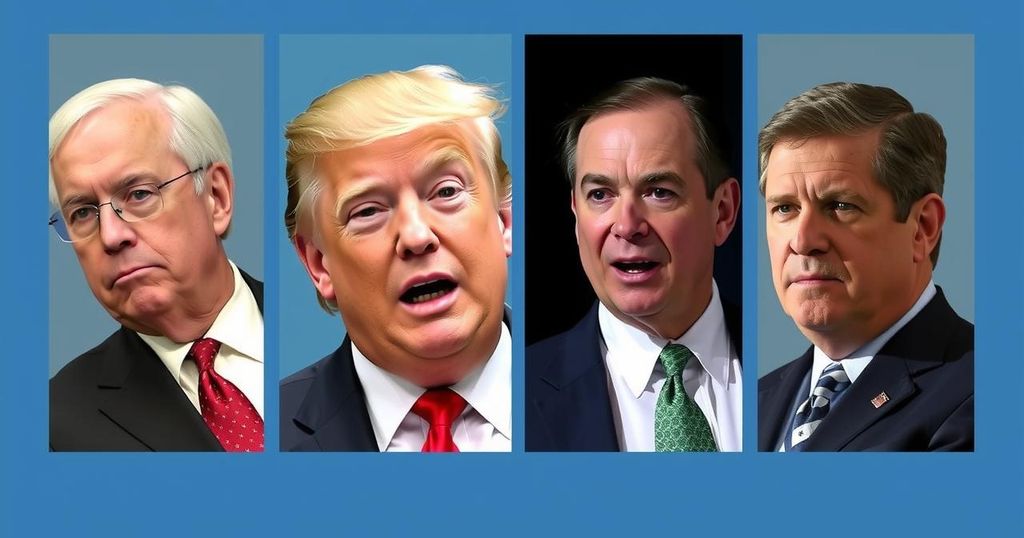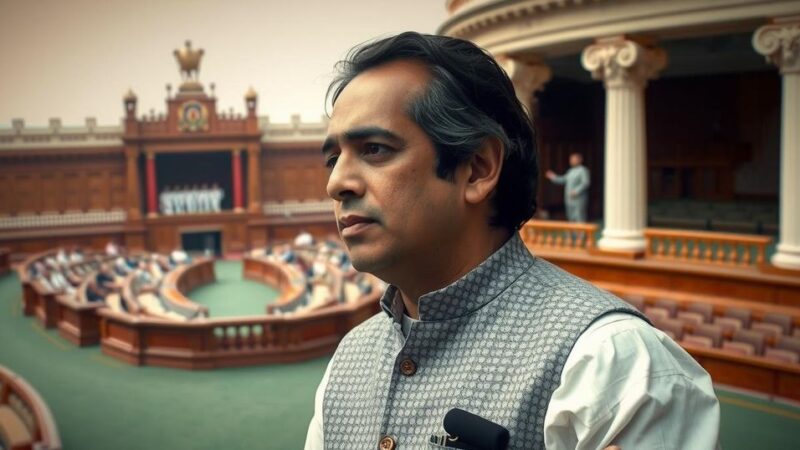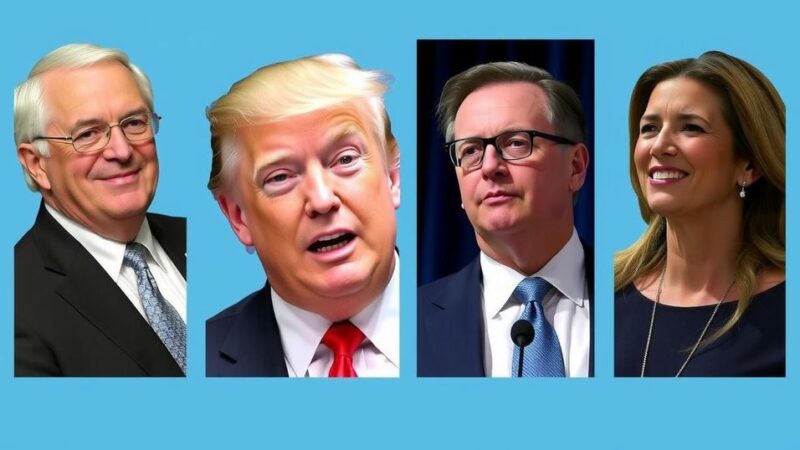Democratic governors are shifting their strategies post-Trump’s election, seeking to balance cooperation with criticism of his policies. Some, like New Jersey’s Phil Murphy, focus on finding common ground, whereas others, including California’s Gavin Newsom, prepare for legal confrontations. Governors are considering how to engage with Trump’s administration while addressing their party’s values.
As President-elect Donald Trump prepares to take office, various Democratic governors who previously criticized him are reconsidering their approaches. These governors aim to establish a constructive working relationship with the incoming administration while balancing their party’s inclination to oppose Trump’s policies. For instance, New Jersey Governor Phil Murphy emphasized the importance of finding common ground while standing firm on key values. In contrast, California Governor Gavin Newsom maintains a more combative stance, allocating resources for expected legal battles against Trump’s administration. Meanwhile, Massachusetts Governor Maura Healey is adopting a less confrontational approach than in her previous role as attorney general, weighing her criticisms and focusing on potential collaboration on issues like immigration enforcement. Michigan’s Governor Gretchen Whitmer, who notably warned against a second Trump presidency, is also taking a cautious wait-and-see approach, indicating a desire to work on shared interests despite the earlier warnings. This dynamic highlights the delicate balance Democratic governors are attempting to achieve in navigating their relationships with Trump, reflecting their commitment to both their constituents and the political landscape ahead.
The political landscape following Donald Trump’s election reflects a significant shift for Democratic governors who previously vocalized their opposition to his policies. With Trump now in a position to influence national policy, these leaders recognize the necessity of fostering a cooperative relationship to advance their states’ interests. Their strategies vary, with some emphasizing collaboration on shared priorities, while others express readiness for legal challenges against Trump’s anticipated policies. This multifaceted response showcases the complexities of governance amidst a polarized political environment.
In summary, the transition of power to Donald Trump brings a critical juncture for Democratic governors, as they aim to reconcile their past criticisms with the need for cooperation. While some governors are ready to engage constructively on shared issues like infrastructure, others prepare for potential conflicts, especially regarding progressive state laws and immigration. This evolving dynamic epitomizes the challenging political landscape that these leaders must navigate in the coming years, striving for the best outcomes for their states while adapting to a new federal administration.
Original Source: apnews.com







